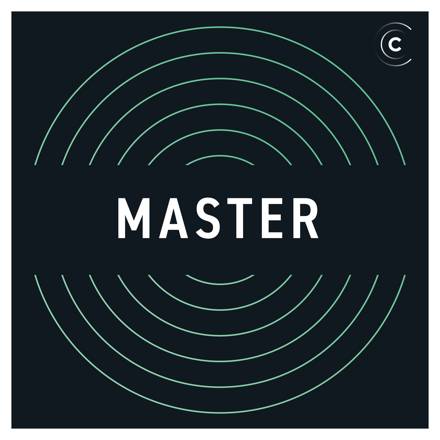Apple backs off killing EU web apps
Apple backs off killing web apps (but the fight continues), Luka Kladaric writes about how to ship quality software in hostile environments, Deno’s new package registry is an npm superset, Martin Fowler on the value of periodic face-to-face & Eugene Ghanizadeh wants us to get more decentralized than the Fediverse. Leave us nice words!









